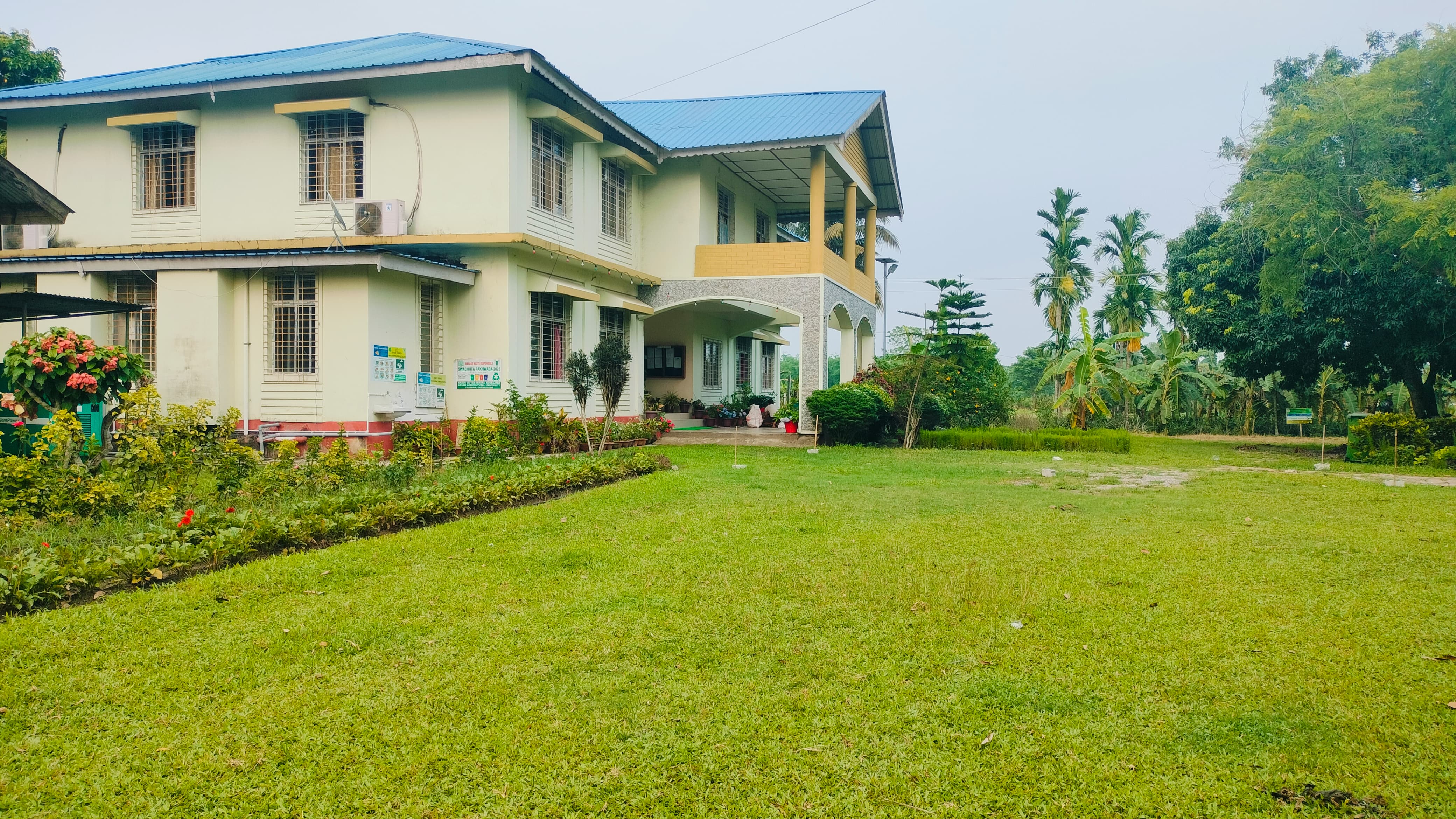
KVK aims & objectives
Krishi Vigyan Kendra is an integral part of the National Agricultural Research System (NARS), aims at assessment of location-specific technology modules in agriculture and allied enterprises, through technology assessment, refinement and demonstrations. KVKs are functioning as Knowledge and Resource Centres of agriculture technology supporting initiatives of public, private & voluntary sectors for improving the agricultural economy of the districts and are linking the NARS with extension system and farmers.
Some major objectives of KVKs
• Krishi Vigyan Kendra is critical in demonstrating location-specific agricultural technologies through on-farm testing.
• Through technology assessment, refinement, and demonstrations, it aims to assess location-specific technology modules in agriculture and related enterprises. It also aspires to put agricultural research into practice in a small-scale, localized setting.
• Krishi Vigyan Kendras have been serving as agricultural technology knowledge and resource centers, assisting public, private, and non-profit initiatives aimed at improving the district’s agricultural economy.
• To demonstrate the new improved technology to the farmers as well as to the extension agency directly in the farmers field with their active participation.
• To identify the area specific problems of the farmers and prioritization of the identified problems as per their importance.
• To collect feedback from farmers and extension agencies and to provide linkages with scientists for the modification or refinement of technology.
• To impart training to the practicing farmers, rural youth and extension functionaries for capacity building.
• To provide new and important information on agriculture and allied sectors to the extension agencies or NGO’s for wider circulation to improve their economic condition.
• To prepare different extension models and verify these models in the farmers field with their participation to create confidence among them.
